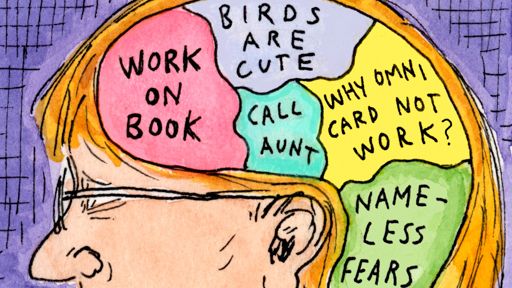Your 20s and 30s are transformative decades filled with opportunities and challenges. Establishing sound financial habits during this time is crucial for setting a solid foundation for your future. Unfortunately, many young adults make common financial mistakes that can hinder their long-term economic success.
Money Mistakes to Avoid in Your 20s, 30s, and Beyond

1. Overspending and Living Beyond Your Means
It’s easy to get caught up in a lifestyle of spending more than you earn, especially when you’re just starting to make your own money. However, spending beyond your means can lead to accumulating debt and financial stress. Creating and following a realistic budget helps ensure you’re living within your means.
2. Neglecting to Create and Stick to a Budget
Without a budget, it’s challenging to track where your money is going. Utilizing budgeting tools and adhering to the 50/30/20 rule—allocating 50% of your income to necessities, 30% to wants, and 20% to savings and debt repayment—can help manage expenses effectively.
3. Misusing Credit Cards and Accumulating High-Interest Debt
Credit cards can be a double-edged sword. Irresponsible use of credit cards can lead to high-interest debt that becomes difficult to pay off. It’s essential to keep your expenditures within 30% of your credit limit and to pay off balances in full each month to build a good credit score and avoid unnecessary debt.
4. Not Building an Emergency Fund
Life is unpredictable, and unexpected expenses can arise at any time. Establishing an emergency fund that covers three to six months of living expenses can provide a financial cushion during tough times, such as sudden job loss or health issues.
5. Delaying Retirement Savings
Retirement may seem far away, but starting to save early is crucial. The power of compound interest means that even small contributions now can grow significantly over time. Early retirement planning allows you to take full advantage of compound growth, ensuring a more comfortable retirement.
6. Ignoring Investment Opportunities
Keeping all your money in a savings account may not be enough to outpace inflation. Investing over merely saving cash is important to maintain your purchasing power and achieve long-term financial goals. Start small, understand your risk tolerance, and consider diversifying your investments.
7. Lacking Financial Goals and Planning
Without clear financial goals, it’s difficult to make informed decisions about saving and spending. Setting clear financial goals provides motivation and direction, helping you allocate your resources effectively and track your progress.
8. Overlooking the Importance of a Good Credit Score
A solid credit score opens doors to better financial products and services, such as loans and mortgages with favorable rates. Maintaining a healthy credit score involves paying your bills on time, keeping credit utilization low, and monitoring your credit reports regularly.
9. Accumulating Student Loan Debt Without a Plan
Higher education often comes with substantial costs. It’s important to keep college expenses in check by budgeting wisely, seeking scholarships, and considering cost-effective education options. Planning how to repay student loans before they accumulate can prevent overwhelming debt.
10. Not Having Adequate Insurance
Many young adults underestimate the importance of insurance. Underestimating vulnerability to accidents or illness can lead to significant out-of-pocket expenses. Investing in health, renter’s, and life insurance can protect you from financial hardships resulting from unexpected events.
11. Making Impulsive Large Purchases
Large, impulsive purchases can strain your finances and lead to excessive debt. Before making such purchases, assess their necessity and whether you can truly afford them. Saving up for big-ticket items instead of relying on credit can help maintain financial stability.
12. Neglecting to Plan for Major Life Events
Life events like marriage, buying a home, or starting a family have significant financial implications. Discussing finances with your partner and planning for major life events ensure that you’re both on the same page and prepared for the associated costs.
13. Failing to Seek Financial Education and Advice
Improving your financial literacy is an investment in your future. Utilize available resources, such as financial education articles or professional advice, to avoid costly mistakes and make informed decisions about credit, investments, and debt management.
By avoiding these common money mistakes in your 20s, 30s, and beyond, you set yourself up for financial success. Establishing good habits early, staying informed, and making conscious decisions about your finances can lead to a secure and prosperous future.











